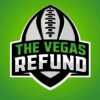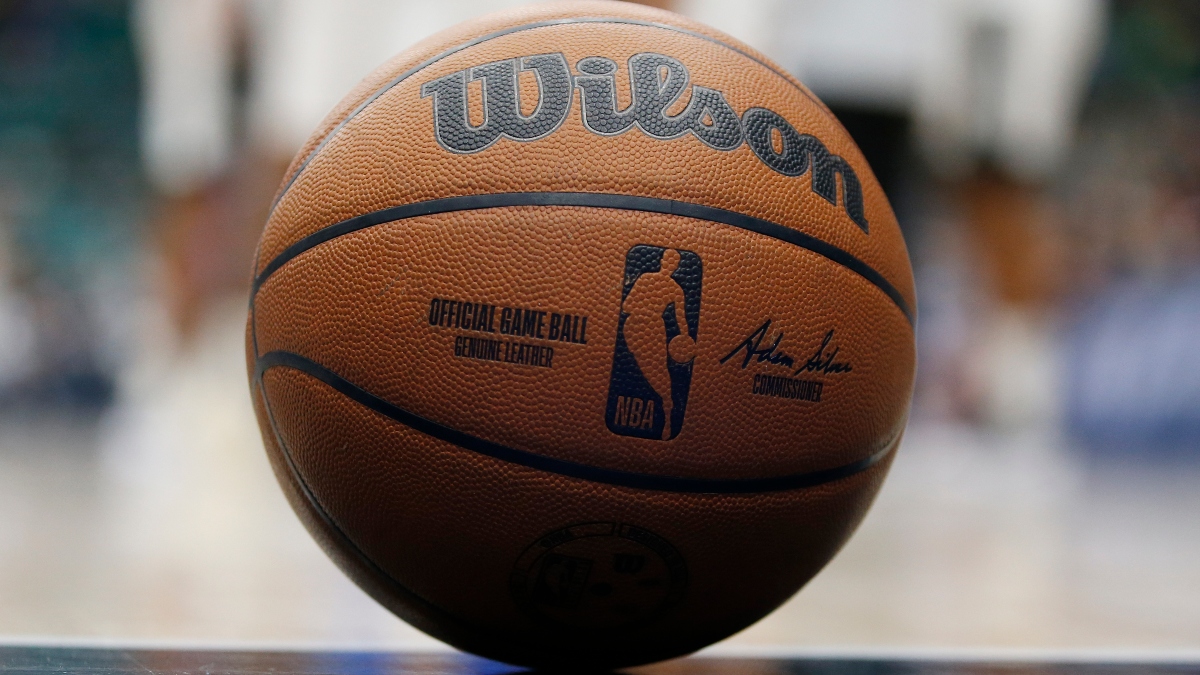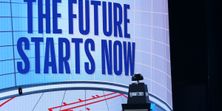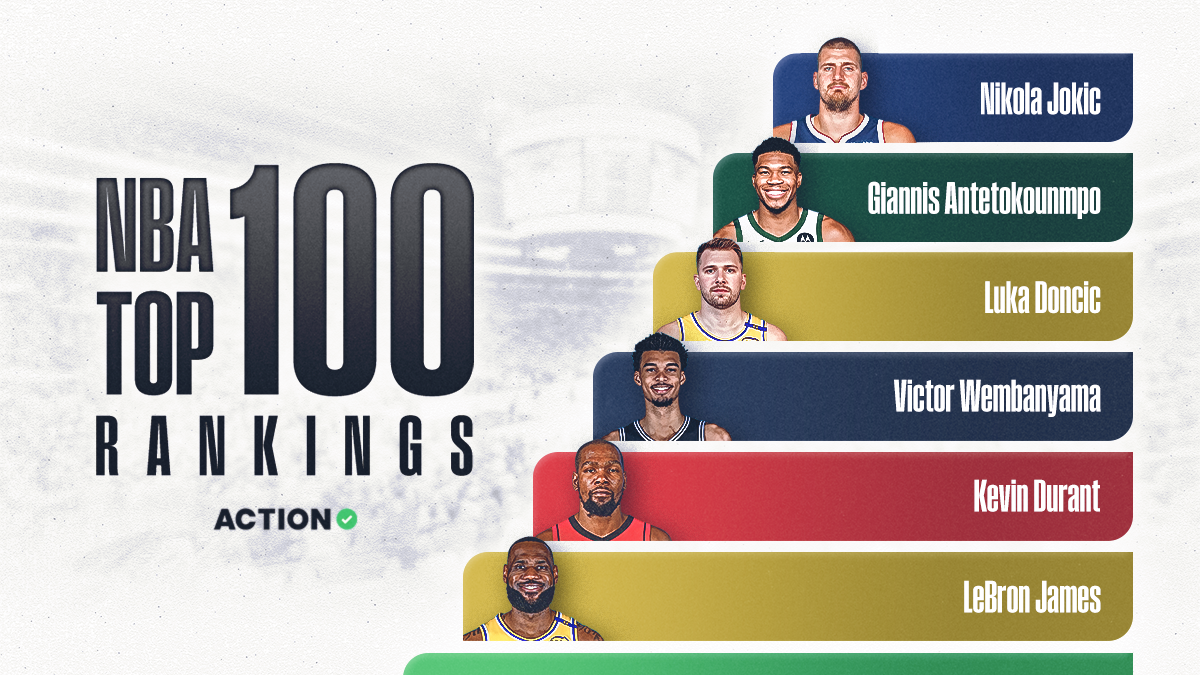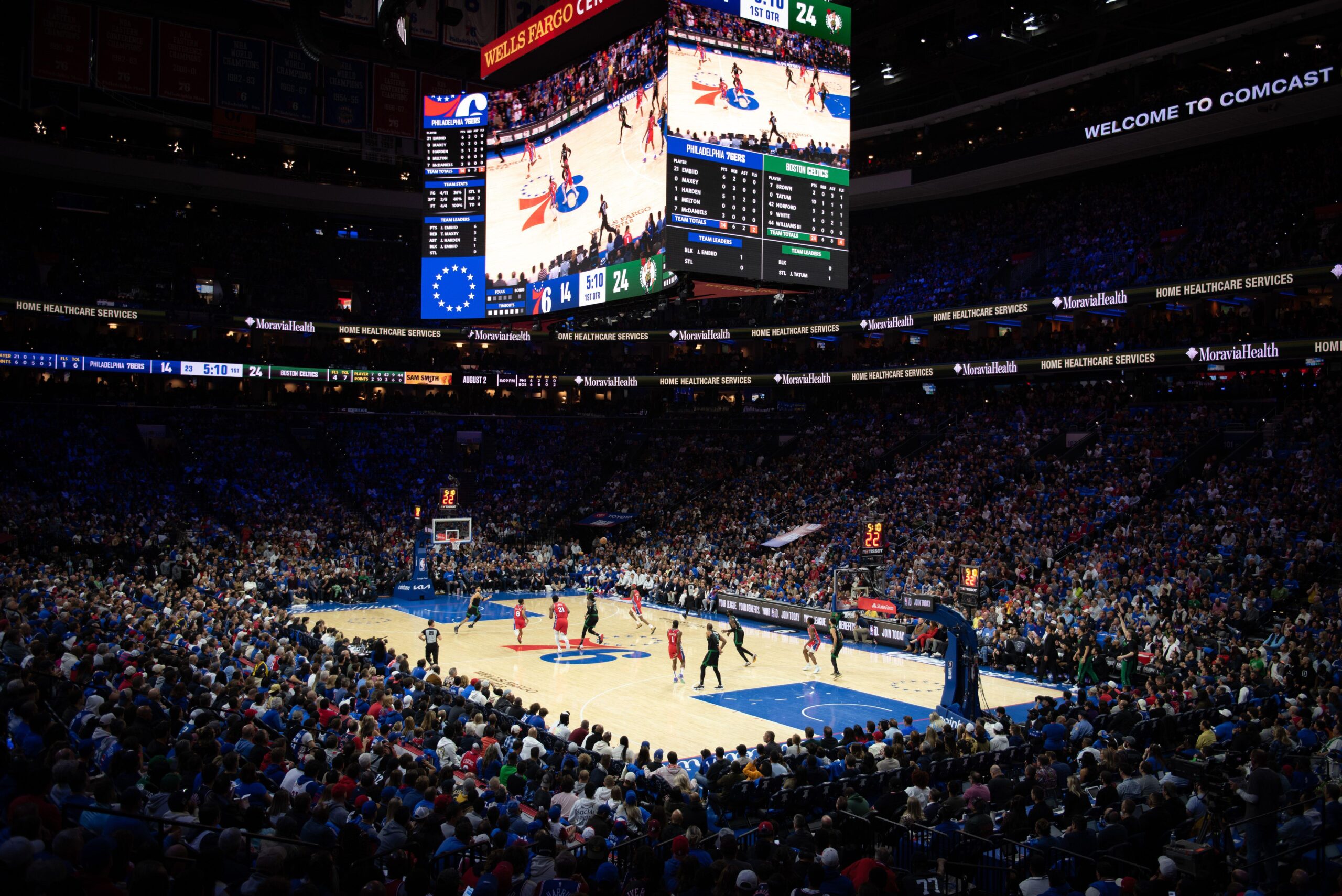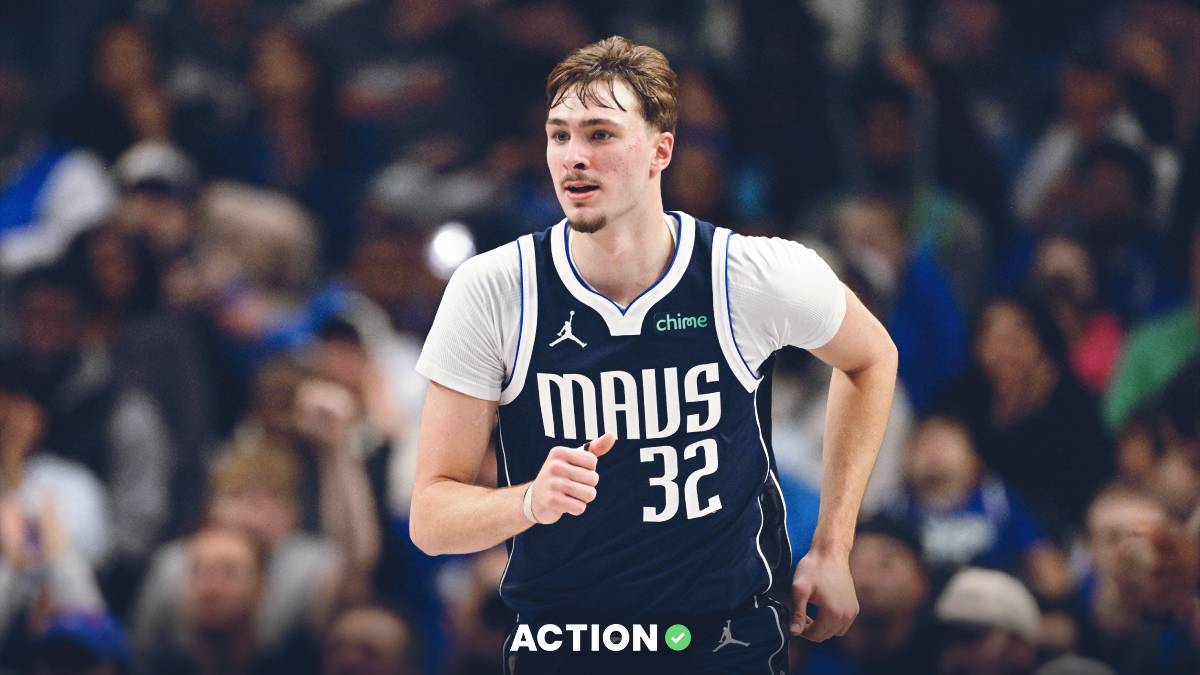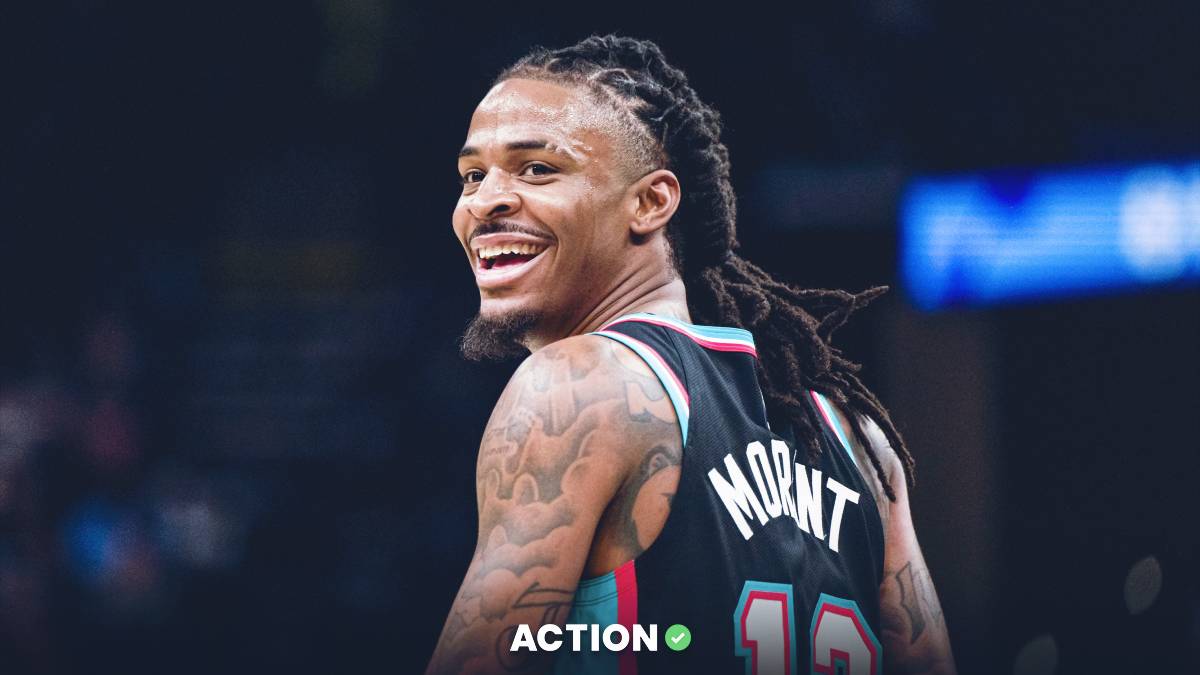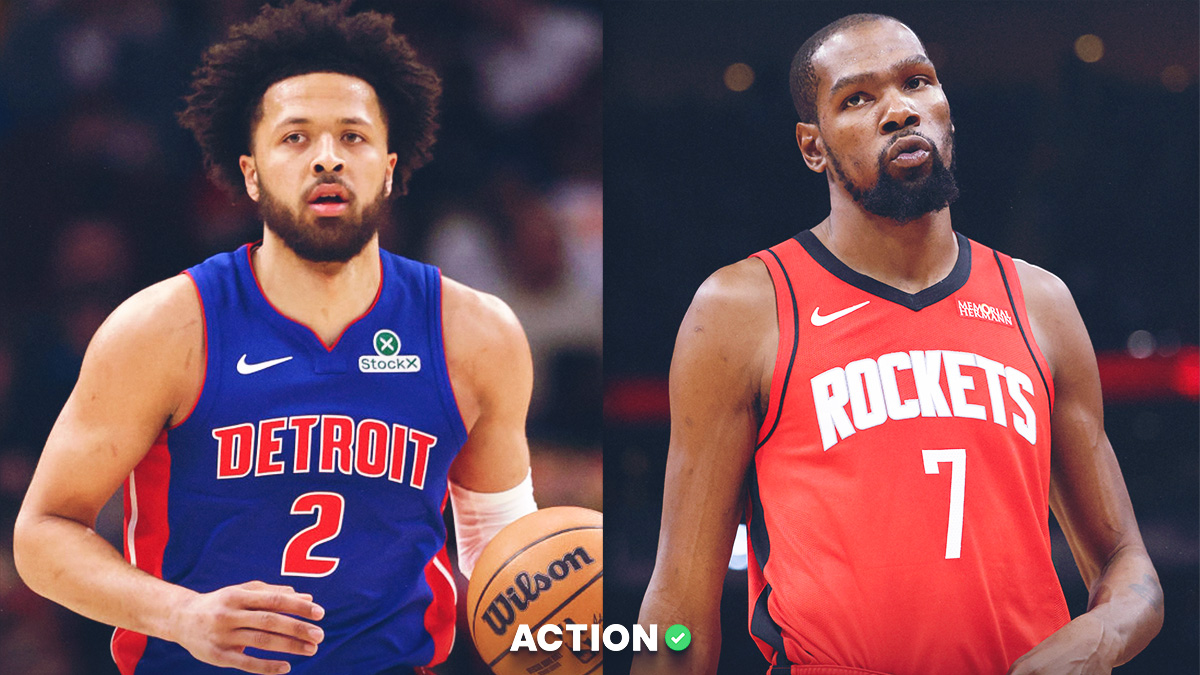The NBA season is officially over, but there’s still plenty left to bet around the Association with the 2022 NBA Draft on Thursday. The approach to betting on drafts — NBA, or NFL — is different from betting on an actual game.
Let’s say you have the perfect read on some NFL bet, like Bills -3. Your confidence couldn't be higher. The game starts, Josh Allen goes down with an injury on the first play, and all the sudden your perfect Bills -3 ticket is toast. There was no way of predicting Allen was going to be injured. (Just like there's no way you can predict whether James Harden had a night out at the club the night before a game.)
There are so many unpredictable variables that can make a seemingly perfect bet go wrong in the regular betting space. For the draft, though, fewer variables like game-day injuries exist. Adam Silver just has to walk 20 feet to the podium, read the card and you're a winner. Obviously it's not that easy, but the secret sauce to betting the draft is pretty simple.
Here are my seven core principles to betting a draft.
Eliminate Your Own Bias
It’s almost cliche at this point, but it’s the most important aspect to the process and work. Eliminate any personal bias and opinion you might have on a player. It does not matter.
You are not a general manager and you are not the one making the pick. Think of it like you're working for TMZ and your only job is to figure out what each team's front office is thinking.
Mocks, Mocks, and More Mocks … But Not Too Many Mocks
Mock drafts are addicting, click-bait monsters. Narrowing down a core group of experts you trust and sticking to their mock is important. If you just start looking at every single mock draft that hits the internet, you're creating a chaos of opinions that makes the process messy and suboptimal.
The context that goes along with projected order of picks each expert writes is almost as important as where they put them. Some experts just break down the team needs and an analysis of the player — which I just don't bother reading — but draft experts and NBA insiders will add what they are hearing in terms of intel, which can be gold.
Combining your mock drafts into an aggregate EDP (Estimated Draft Position) is essentially the draft equivalent to creating a power rating for a sport. The difference between your mock EDP and an individual player's over/under will tell you how much value there is in the number.
Luckily, I did all the work here for you here (you’re welcome).
Pay Attention to Big Boards
Here, you'll follow the same process with mocks, taking player rankings of the experts you value, creating a rating and cross referencing that to an individual player's over/under.
I value big boards a lot more for the NBA draft than I do for the NFL draft. In the NFL draft, teams are betting a lot more based on need, and certain positions in the NFL having far more value than others. In the NBA, you find teams drafting the best available player a lot more often, so an aggregate ranking relative to the field has a lot more value.
The best example when comparing the two: You wouldn't see someone ranked similar to Pittsburgh Steelers Quarterback Kenny Pickett going in the first round of the NBA draft, but since he's a Quarterback, it doesn't matter in the NFL. (Picketts mittens for hands also wouldn't work in the NBA.)
Keep Track of How the Odds Move for the Draft
There isn't a more sensitive type of bet than draft odds. Books will move the juice on the smallest of bets, and pull any bet within seconds if it gets a storm of money coming in.
When there is a huge line move on a player, it’s easy to jump to conclusions and say “someone knows something” and chase steam. It could very well have been books reacting to one person betting a larger than normal amount on a side.
There's the age old theory that “Vegas knows everything” and they have inside sources that bettors don't. Even if that's true (could be), it doesn't really apply to the draft.
Books know just as much as everyone else, while also having to worry about all the other sports going on they have to set lines for. And when "sharps" consist of the vast majority of bettors who are betting draft, you can probably understand why books might be extremely reactive to any larger-than-normal action coming in.
There isn't a public or contrarian side to a draft bet. The public and the sharps are all the same in this context. I am by no means saying to blindly bet the juiced side, but you can reasonably assume the juiced side is the right one. You need to be OK with laying juice. Laying -300 when the price really should be minus-infinity is better than betting -110 when it should be +300.
Don’t Squeeze Yourself Into Needing the Perfect Draft
A couple years ago for the NFL draft I had a bunch of under bets and they were all sub 10.5 lines. I didn't realize I set myself up where I basically needed to predict the top 10 picks perfectly in order to make any money. David Gettleman drafted Andrew Thomas at No. 4 and I was wrecked. I learned that lesson the hard way, but it was one of the simplest and most important lessons I've learned.
This past NFL draft I had 24 over/under bets — 15 unders and nine overs. The more you have on one side the more you need to break your way. If I have an under 20.5 on a specific player, the next bets I'm looking at are all the overs in the 15-plus range. Hoping that the under hitting means some guy is falling and his over will hit.
Take (Almost) Everything With a Grain of Salt
Unless it's someone like Adrian Wojnarowski or Adam Schefter of ESPN tweeting out a rumor, don't overreact to any intel one guy is hearing. Wait for supporting intel that aligns with it from other guys reputable sources.
When you're on the fence, sleep on it. I’d rather miss out on a bet that I waited on, then bet something based on intel that was just not true.
Chaos is good. More chaos means more opportunities you can leverage. If there wasn't any chaos, sportsbooks would just make every bet -10000.
Twitter and Reddit Are Underrated
Search Player X, Player X & Team, and click into “latest”. The actionable intel should be from established media people, but there is a ton of value in stumbling upon random Twitter accounts that are replying to tweets you might have missed, or tweeting about intel they might have seen elsewhere. This stuff isn't actionable, but it creates the idea of XYZ happening so you can be on the lookout for anything that might align.
Leverage the unique betting opportunity the draft presents. There’s only two of them a year and there's no guarantee the valuable draft markets will be offered every year. The process for each is essentially the same.

